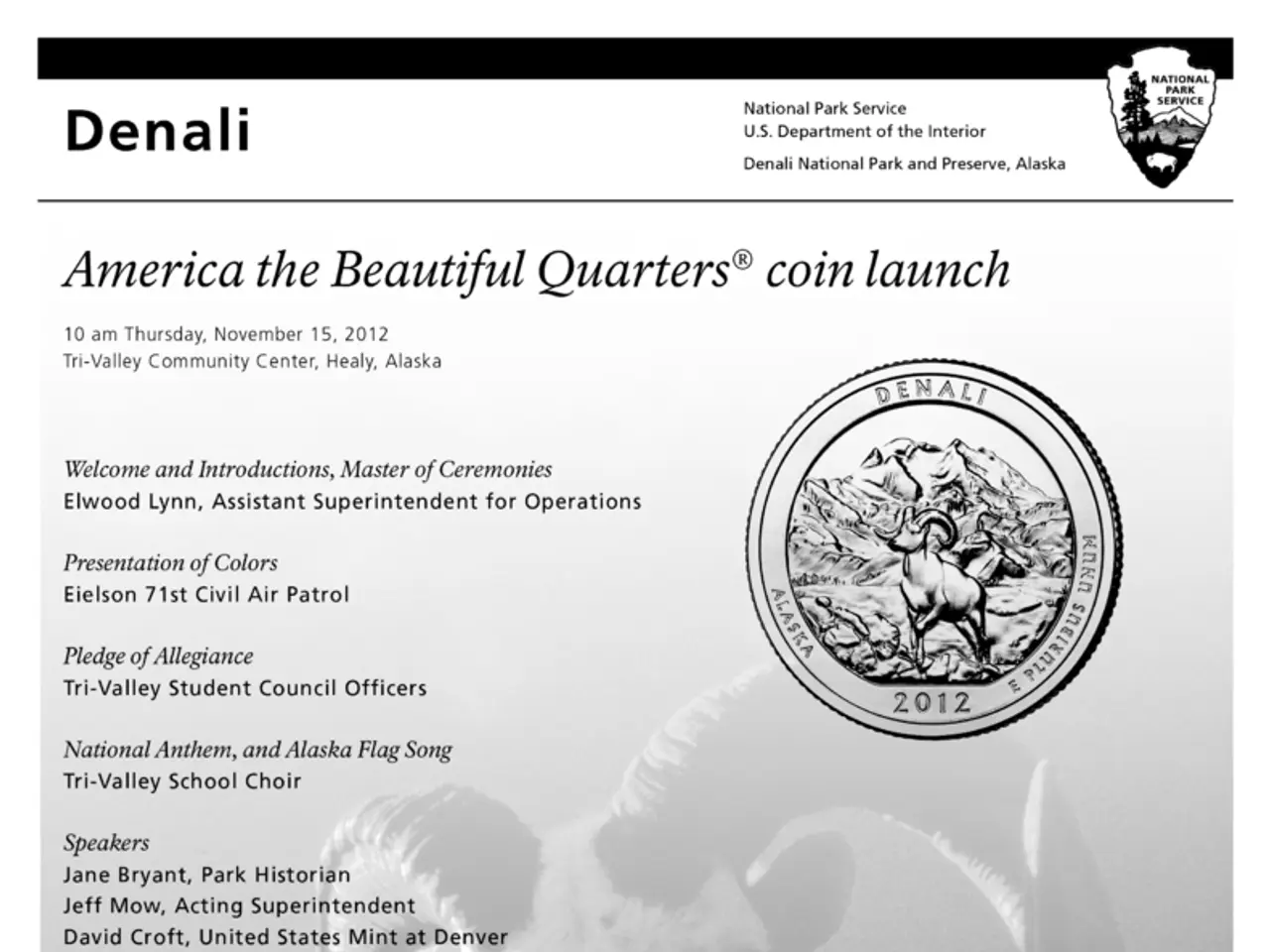Business Leadership and Prosperity: Implementation of Stoicism by High-Ranking Executives
Stoicism, an ancient Greek philosophy, is finding a modern resurgence in the realm of business leadership. This timeless wisdom offers a set of principles that can help leaders navigate the complexities of the corporate world with mental toughness, ethical behavior, emotional regulation, and clarity.
Mental Resilience and Focus
Stoicism strengthens resilience in the face of setbacks, enabling leaders to maintain unshakable focus. This mindset fosters unstoppable momentum in business ventures by shifting failures into learning experiences rather than discouragement. Leaders who practice Stoicism learn to turn obstacles into opportunities for growth.
Reduction of Negative Emotions
Practicing Stoic principles empirically reduces fear, anger, and anxiety by about 30%, improving overall emotional stability and life satisfaction. Calmness and acceptance help leaders better manage stress and decision-making under pressure.
Ethical Leadership and Integrity
Stoicism emphasizes virtues like justice and temperance, promoting honesty, fairness, and transparency in business dealings over mere profit maximization. Leaders guided by Stoic ethics prioritize doing what is right and true, avoiding greed and deceit, thus fostering trust and long-term sustainability.
Harmony and Social Cooperation
Stoicism teaches that flourishing arises from cooperation and living in harmony with others. Applying this to business encourages ethical collaboration rather than exploitation, supporting a principled organizational culture.
Clarity and Vision
Stoic philosophy helps leaders cut through noise and distractions to clarify their vision, enabling consistent, purpose-driven actions in building successful enterprises.
Case Studies in Stoic Leadership
Jeff Bezos, the founder of Amazon, treats problems as invitations to level up, not reasons to spiral. He responds to risk and criticism by focusing only on controllables. His composure in tense meetings signals strength, not hesitation.
Steve Jobs, co-founder of Apple, embodied the Stoic ideal of disciplined attention by filtering out market noise and focusing on product quality. He ignored noise and obsessed over product quality, leading with ethical consistency that built internal confidence and external trust.
Ryan Holiday, a modern proponent of Stoicism, built a media and publishing business rooted in Stoic philosophy. He uses Stoic practices like fear-setting to reduce hesitation and create clarity under stress.
In summary, Stoic principles promote mental toughness, ethical behavior, emotional regulation, and clarity—all essential qualities for effective and principled business leadership. By staying grounded with long-term thinking, developing grit through voluntary discomfort, and focusing on self-mastery, perspective, and purposeful action, leaders can navigate the unpredictable business landscape with confidence and integrity.
[1] McRae, K. (2019). The Daily Stoic: 366 Meditations on Wisdom, Perseverance, and the Art of Living. Avery.
[2] Irvine, A. (2009). A Guide to the Good Life: The Ancient Art of Stoic Joy. Oxford University Press.
[3] Cooper, J. (2012). A Handbook of Stoicism. Oxford University Press.
[4] Holiday, R. (2016). The Obstacle Is the Way: The Timeless Art of Turning Trials into Triumph. Portfolio.
[5] Newport, C. (2016). Deep Work: Rules for Focused Success in a Distracted World. Grand Central Publishing.
Finance: By applying Stoic principles, leaders can make informed decisions that ensure the long-term sustainability and financial well-being of their business ventures.
Education-and-self-development, Personal-growth: Practicing Stoicism in business leadership provides an opportunity for continual learning, fostering personal growth and emotional development, inspiring leaders to cultivate mental resilience, clarity, and effective decision-making skills.




